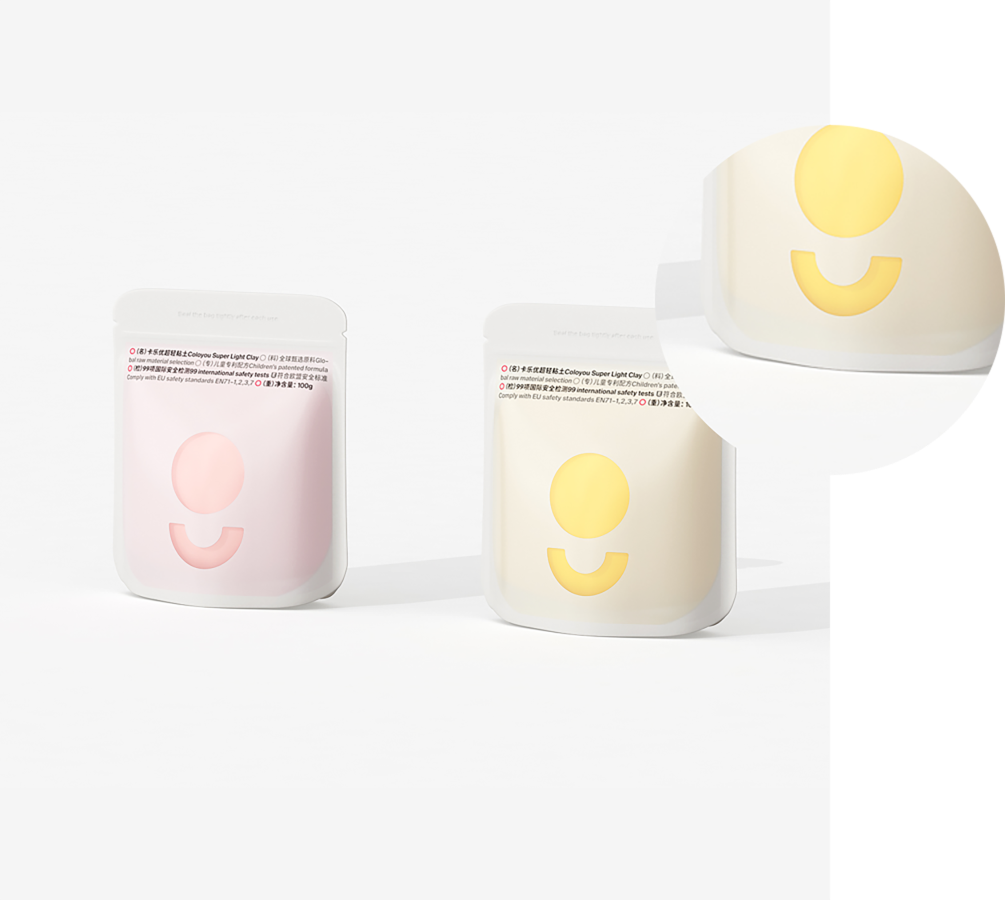- Afrikaans
- Albanian
- Amharic
- Arabic
- Armenian
- Azerbaijani
- Basque
- Belarusian
- Bengali
- Bosnian
- Bulgarian
- Catalan
- Cebuano
- chinese_simplified
- chinese_traditional
- Corsican
- Croatian
- Czech
- Danish
- Dutch
- English
- Esperanto
- Estonian
- Finnish
- French
- Frisian
- Galician
- Georgian
- German
- Greek
- Gujarati
- haitian_creole
- hausa
- hawaiian
- Hebrew
- Hindi
- Miao
- Hungarian
- Icelandic
- igbo
- Indonesian
- irish
- Italian
- Japanese
- Javanese
- Kannada
- kazakh
- Khmer
- Rwandese
- Korean
- Kurdish
- Kyrgyz
- Lao
- Latin
- Latvian
- Lithuanian
- Luxembourgish
- Macedonian
- Malgashi
- Malay
- Malayalam
- Maltese
- Maori
- Marathi
- Mongolian
- Myanmar
- Nepali
- Norwegian
- Norwegian
- Occitan
- Pashto
- Persian
- Polish
- Portuguese
- Punjabi
- Romanian
- Russian
- Samoan
- scottish-gaelic
- Serbian
- Sesotho
- Shona
- Sindhi
- Sinhala
- Slovak
- Slovenian
- Somali
- Spanish
- Sundanese
- Swahili
- Swedish
- Tagalog
- Tajik
- Tamil
- Tatar
- Telugu
- Thai
- Turkish
- Turkmen
- Ukrainian
- Urdu
- Uighur
- Uzbek
- Vietnamese
- Welsh
- Bantu
- Yiddish
- Yoruba
- Zulu
Innovative Approaches to Modern Packaging Solutions for Enhanced Brand Engagement
The Impact of Packaging Innovators on Modern Commerce
In today’s fast-paced world, where consumer preferences and environmental concerns are in constant flux, the role of packaging innovators has become pivotal in shaping the future of commerce. Packaging is no longer just a means to protect products; it has evolved into a critical element of marketing, sustainability, and consumer engagement. This article explores the transformative impact of packaging innovators on modern business practices, highlighting key trends and technologies that are revolutionizing the industry.
The Evolution of Packaging
Historically, packaging served a basic purpose to safeguard products during transportation and storage. However, as competition intensified and consumers became more discerning, businesses recognized the need to emphasize packaging as a crucial component of their branding strategy. Today, the aesthetic appeal, functionality, and environmental sustainability of packaging are equally important to consumers. Packaging innovators have risen to the challenge, utilizing creativity and technology to produce packaging solutions that not only protect but also attract and engage customers.
Eco-Friendly Packaging Solutions
One of the most significant trends driven by packaging innovators is the shift toward sustainable packaging solutions. As environmental concerns gain prominence, brands are increasingly seeking ways to minimize their ecological footprint. This has led to the development of biodegradable materials, recyclable packaging, and reusable containers. Pioneers in the packaging industry have introduced innovative materials, such as plant-based plastics and compostable films, which address consumer demands for sustainability without compromising product safety or aesthetic appeal.
Companies like Unilever and Coca-Cola are embracing these innovations, committing to reduce plastic waste and enhance recyclability. By adopting eco-friendly packaging, brands not only meet regulatory requirements but also resonate with environmentally conscious consumers. This shift has resulted in increased brand loyalty and customer engagement, as consumers are more likely to support companies that prioritize sustainability.
Smart Packaging Technologies
In addition to sustainability, the rise of smart packaging technologies is reshaping the landscape of product packaging. Smart packaging refers to packaging that incorporates advanced technologies, such as NFC (Near Field Communication), QR codes, and augmented reality (AR). These technologies allow brands to enhance the consumer experience by providing valuable information about the product, engaging customers through interactive content, and even tracking product freshness.
packaging innovators

For instance, a company might use QR codes on its packaging to direct consumers to an interactive website featuring recipes, usage tips, and sustainability efforts. This not only adds value to the customer experience but also helps brands gather data on consumer behavior and preferences. As consumers become more tech-savvy, the adoption of smart packaging will be crucial for brands looking to differentiate themselves in a saturated market.
Customization and Personalization
Another area where packaging innovators are making significant strides is in customization and personalization. Today's consumers increasingly seek products that reflect their individual preferences and lifestyles. Packaging that can be tailored to specific consumer needs not only enhances the overall experience but also fosters emotional connections between brands and consumers.
Innovative companies are using digital printing techniques and on-demand packaging solutions to create personalized packaging options. For example, brands can offer limited-edition designs or even allow customers to add their names to product labels. This level of personalization creates a sense of uniqueness and can drive consumer loyalty, as customers feel a stronger bond with brands that cater to their individual identities.
The Future of Packaging Innovation
As packaging innovators continue to explore new frontiers, the future looks promising. The integration of artificial intelligence and machine learning is expected to play a significant role in optimizing packaging design and production processes. These technologies will enable companies to predict consumer trends, automate packaging designs, and improve supply chain efficiency.
Moreover, as the global push for sustainability intensifies, packaging innovators will be challenged to create solutions that not only meet consumer demands but also comply with stricter environmental regulations. Collaboration between brands, packaging manufacturers, and consumers will be essential in driving forward sustainable practices.
Conclusion
In conclusion, packaging innovators hold a crucial position in the modern commerce landscape. By prioritizing sustainability, embracing smart technologies, and offering customization, these innovators are reshaping consumer experiences and driving brand loyalty. As we look to the future, the synergy between packaging innovation and consumer preferences will undoubtedly continue to redefine how products are marketed and delivered, setting the stage for a more sustainable and engaging marketplace.













